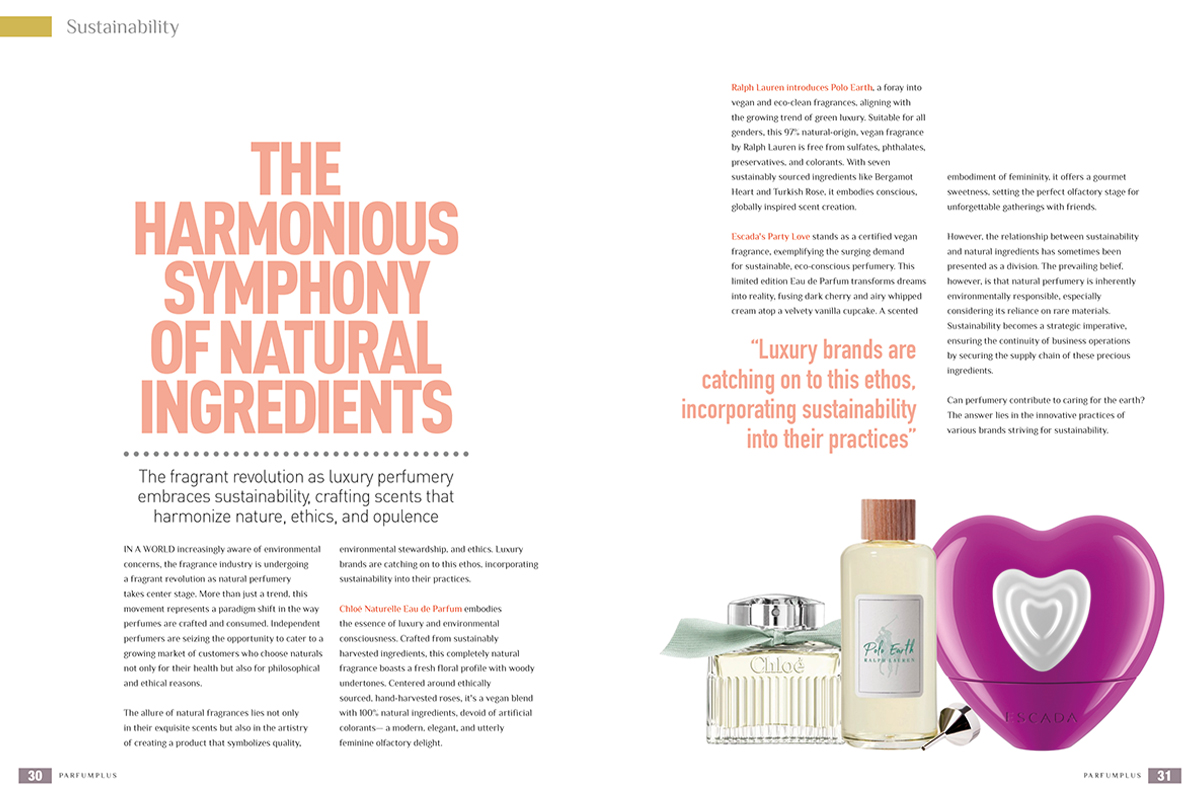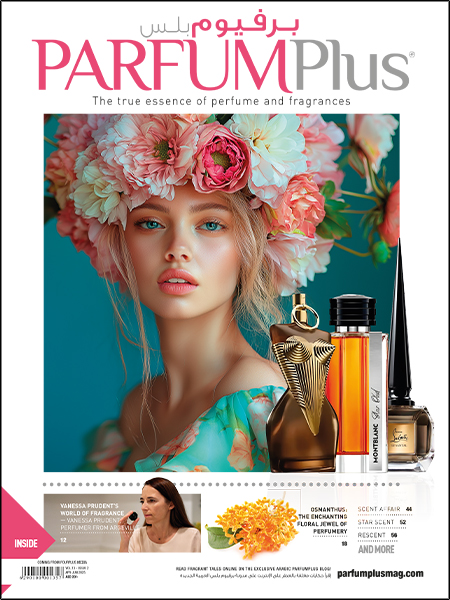Read this post in
 Arabic
Arabic
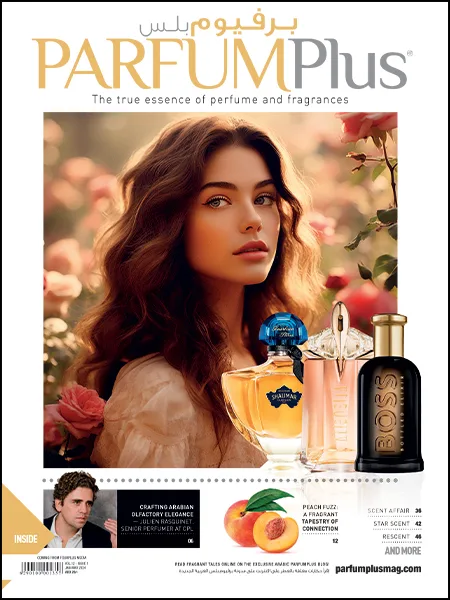
The Harmonious Symphony Of Natural Ingredients
The fragrant revolution as luxury perfumery embraces sustainability, crafting scents that harmonize nature, ethics, and opulence
In a world increasingly aware of environmental concerns, the fragrance industry is undergoing a fragrant revolution as natural perfumery takes center stage. More than just a trend, this movement represents a paradigm shift in the way perfumes are crafted and consumed. Independent perfumers are seizing the opportunity to cater to a growing market of customers who choose natural not only for their health but also for philosophical and ethical reasons.
The allure of natural fragrances lies not only in their exquisite scents but also in the artistry of creating a product that symbolizes quality, environmental stewardship, and ethics. Luxury brands are catching on to this ethos, incorporating sustainability into their practices.
Chloé Naturelle Eau de Parfum embodies the essence of luxury and environmental consciousness. Crafted from sustainably harvested ingredients, this completely natural fragrance boasts a fresh floral profile with woody undertones. Centered around ethically sourced, hand-harvested roses, it's a vegan blend with 100% natural ingredients, devoid of artificial colorants— a modern, elegant, and utterly feminine olfactory delight.
Chanel No. 5 perfume, an iconic fragrance, now champions sustainability with recycled glass bottles and biodegradable caps. As the world's first abstract scent, No. 5 Eau de Parfum pays homage to the original Parfum. It weaves a floral tapestry with May rose and jasmine, complemented by vibrant citrus top notes. Aldehydes add a distinctive touch, and the velvety bourbon vanilla leaves an irresistibly sensual trail.
Ralph Lauren introduces Polo Earth, a foray into vegan and eco-clean fragrances, aligning with the growing trend of green luxury. Suitable for all genders, this 97% natural-origin, vegan fragrance by Ralph Lauren is free from sulfates, phthalates, preservatives, and colorants. With seven sustainably sourced ingredients like Bergamot Heart and Turkish Rose, it embodies conscious, globally inspired scent creation.
Escada's Party Love stands as a certified vegan fragrance, exemplifying the surging demand for sustainable, eco-conscious perfumery. This limited edition Eau de Parfum transforms dreams into reality, fusing dark cherry and airy whipped cream atop a velvety vanilla cupcake. A scented embodiment of femininity, it offers a gourmet sweetness, setting the perfect olfactory stage for unforgettable gatherings with friends.
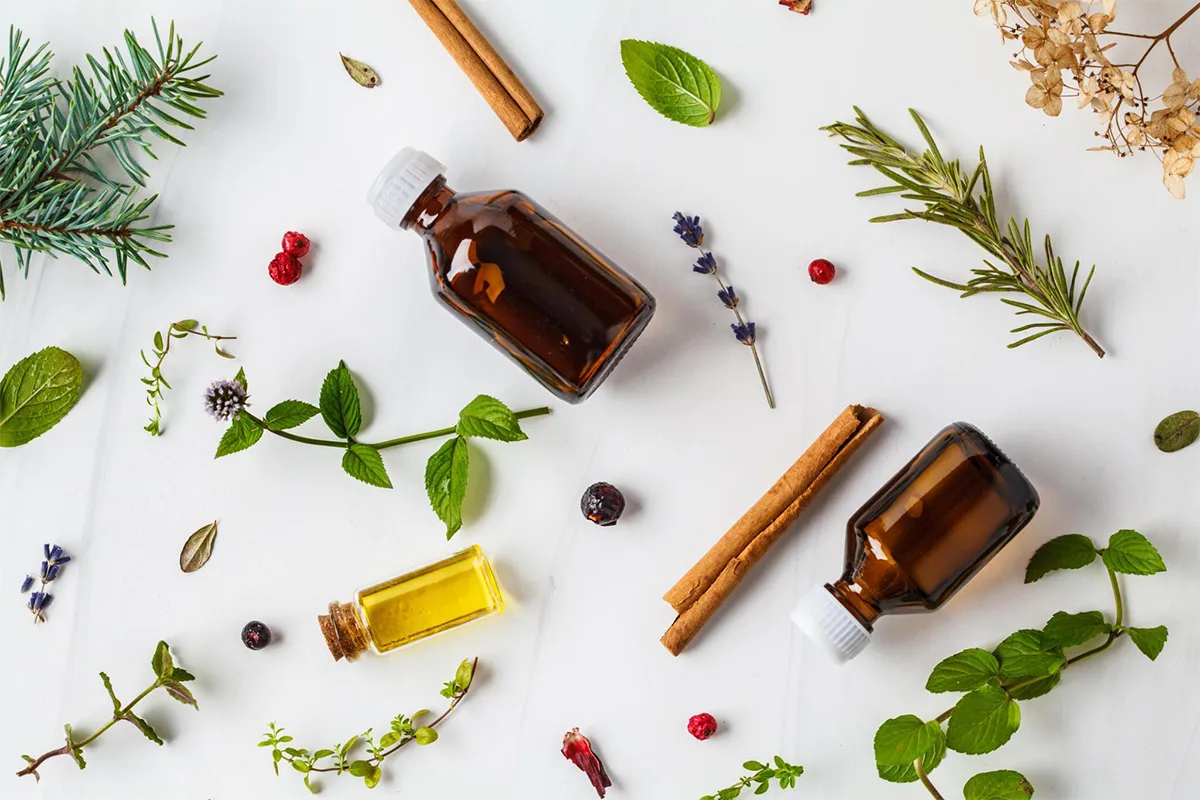
However, the relationship between sustainability and natural ingredients has sometimes been presented as a division. The prevailing belief, however, is that natural perfumery is inherently environmentally responsible, especially considering its reliance on rare materials. Sustainability becomes a strategic imperative, ensuring the continuity of business operations by securing the supply chain of these precious ingredients.
Can perfumery contribute to caring for the Earth? The answer lies in the innovative practices of various brands striving for sustainability.
Ffern and MATCA, both championing all-natural ingredients, focus on local sourcing and cater to a smaller customer base.
British brand Floral Street and French counterparts Le Jardin Retrouvé, AB1882, and Maison Violet, adopt a balance of natural and synthetic ingredients or offset carbon emissions through conservation projects.
Sana Jardin stands out not only for its use of recyclable packaging but also for empowering women working with plant materials. By creating upcycled goods from flower waste, they not only reduce environmental impact but also ensure that 100% of the profits stay within the community.
Ffern takes sustainability a step further, utilizing mushroom mycelium for packaging that decomposes in just eight weeks.
Le Jardin Retrouvé is a proud member of 1% for the Planet, donating a percentage of its turnover to environmental associations, with a focus on reforestation.
AB1882, a new player in the field, introduces an all-natural refillable solid perfumery brand that prioritizes local production, luxury, and eco-responsibility.
Mycelium is a mesh of fungal threads known as hyphae. Typically expanding underground, mycelia can also flourish in various environments, including decomposing tree trunks. From a lone spore, a mycelium can emerge and give rise to the reproductive structures of fungi, such as mushrooms. It is often referred to as Earth's original sustainable
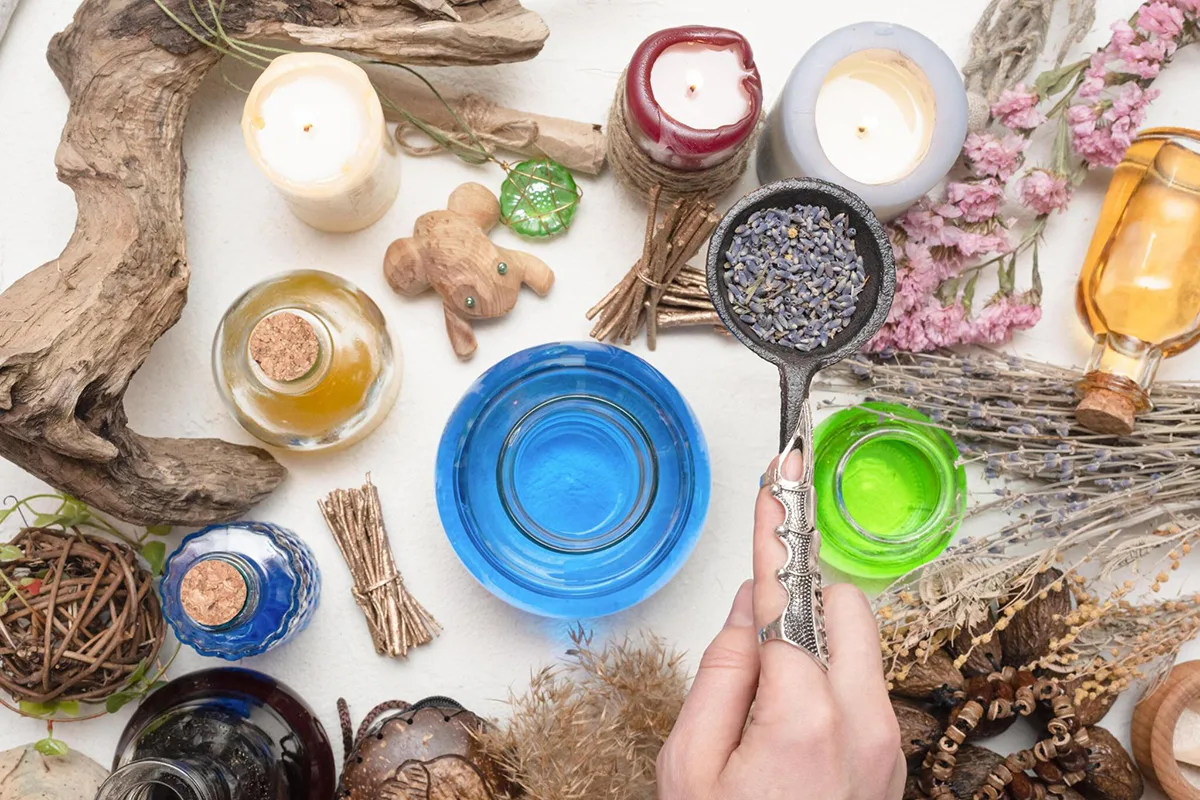
technology, has gained prominence in eco-sensitive packaging. Ffern's use of mycelium packaging underscores its commitment to biodegradability. This natural material, existing on earth for millions of years, has become a symbol of eco-conscious innovation.
Beyond mycelium, companies are exploring various avenues to enhance sustainability. Some employ creativity, technology, and AI to develop more eco-friendly products, using materials like marble dust and recycled coffee cups for perfume labels. Another intriguing concept is the repeated use of plants in distillation and extraction processes, unlocking new profiles of raw materials and offering perfumers a captivating journey into creativity.
In conclusion, the marriage of natural ingredients and sustainability in the fragrance industry represents a harmonious blend of artistry, ethics, and environmental responsibility. As luxury brands and independent perfumers alike embrace this shift, it is evident that the future of perfumery lies not just in the allure of exquisite scents but in the commitment to a greener, more sustainable world. Fragrance, once a symbol of opulence, is now becoming an advocate for environmental consciousness, proving that luxury and sustainability can indeed coexist in a fragrant symphony for the Earth.
Read this post in
 Arabic
Arabic



